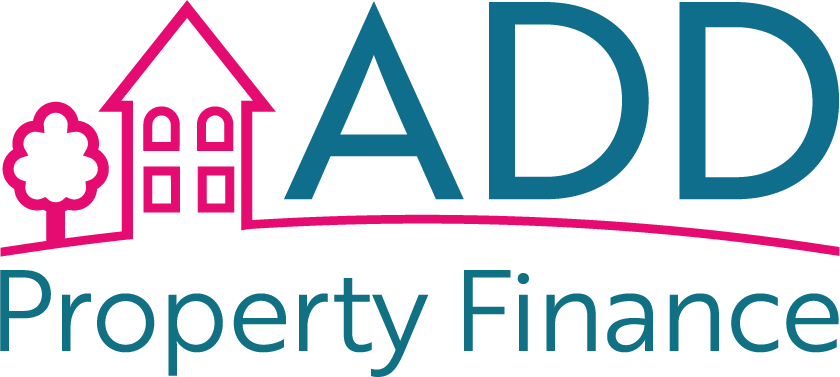Securing a mortgage as a self-employed individual in the UK can be a rewarding achievement, but it comes with unique challenges. The mortgage application process for self-employed borrowers requires careful navigation to ensure success. In this article, we’ll explore essential dos and don’ts to help self-employed individuals make informed decisions and avoid common pitfalls during the mortgage application journey.
The Dos
1. Do Prepare Early
Start preparing for your mortgage application well in advance of your planned home purchase. This gives you time to gather necessary documents and address any potential issues.
2. Do Work with a Mortgage Adviser
Consider enlisting the help of a mortgage adviser or broker experienced in self-employed applications. They can connect you with lenders who are more accommodating to self-employed borrowers and guide you through the process.
3. Do Maintain Accurate Financial Records
Keep meticulous financial records, including tax returns, business accounts, bank statements, and evidence of contracts or invoices. Organised documentation is key to demonstrating your income stability.
4. Do Build a Strong Credit History
Prioritise maintaining a healthy credit score by paying bills on time and managing existing debts responsibly. Regularly review your credit report for any inaccuracies.
5. Do Stress Test Your Finances
Ensure that you can comfortably manage mortgage repayments, even if your income fluctuates. Lenders may assess your ability to make payments under various scenarios.
6. Do Explain Income Fluctuations
If your income varies significantly from year to year, be prepared to provide explanations to lenders. Contextualising income fluctuations can help lenders understand your financial situation.
7. Do Be Honest and Transparent
Honesty is crucial when providing information to lenders. Be transparent about your financial situation, including any outstanding debts or financial commitments.
The Don’ts
1. Don’t Rush Decisions
Take your time when making decisions about your mortgage. Rushing can lead to less favourable terms or choices that may not align with your financial goals.
2. Don’t Overextend Yourself
While you may qualify for a certain mortgage amount, consider what you can comfortably afford. Avoid stretching your finances to the limit, as this can lead to financial stress.
3. Don’t Neglect Your Credit Score
Neglecting your credit score can be a costly mistake. Continue to manage your credit responsibly throughout the application process.
4. Don’t Ignore Financial Advice
Consult with professionals, including mortgage advisers and accountants, for guidance. Ignoring expert advice can result in missed opportunities or incorrect financial decisions.
5. Don’t Forget About Additional Costs
Be mindful of additional costs associated with homeownership, such as property taxes, insurance, maintenance, and legal fees. Include these expenses in your budget.
6. Don’t Apply for Additional Credit
Avoid applying for new credit, such as credit cards or loans, during the mortgage application process. Multiple credit applications can negatively impact your credit score.
Conclusion
Navigating the self-employed mortgage application process requires careful planning, attention to detail, and an understanding of the dos and don’ts. By following these guidelines, self-employed individuals can increase their chances of a successful mortgage application and embark on the path to homeownership with confidence. Remember that each mortgage application is unique, and seeking advice from experienced professionals can be invaluable in achieving your homeownership goals.







